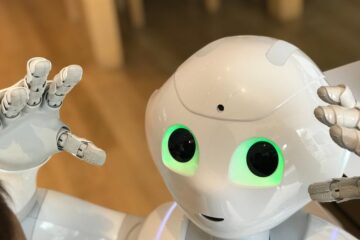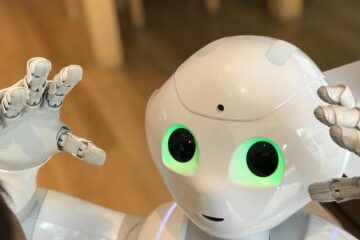The future of Artificial Intelligence (AI) has long been held as a shining beacon of hope and possibility among technology enthusiasts, enthralling our imaginations with fantastical visions of a world with fewer human errors, greater efficiency, and an overall better quality of life. Indeed, over the years, AI has made incredible strides in leaps and bounds, impacting nearly every industry from healthcare to retail and beyond.
One of the most well-known examples of AI in the present day is Microsoft’s Bing virtual assistant, which is capable of conversing with users and answering basic queries about weather and directions. However, even some of the most advanced AI systems still remain vulnerable to errors, as recent reports from Microsoft have demonstrated.
In August of 2018, Microsoft unveiled the results of an experiment to show how Bing’s chatbot had “broken down” with errors due to a combination of factors. In its research, the company presented two distinct scenarios which resulted in errors. First, incorrect assumptions had been made by the chatbot during the conversation; second, the chatbot had difficulty understanding the conversation due to lack of contextual cues.
In the first scenario, the Bing chatbot received an incomplete sentence and made incorrect assumptions about the complete sentence. For example, the phrase “My mom likes cats” was misinterpreted as “My mom is like a cat” due to the absence of the verb “likes”. This kind of miscommunication can be attributed to the chatbot’s incorrect assumption of the user’s intent and lack of understanding of the contextual cues.
In the second scenario, the chatbot was presented with a conversation where the context was unclear. In this case, the chatbot was unable to understand the conversation as it was presented with too much information and lacked the ability to correctly interpret the user’s intent. As a result, the chatbot made incorrect assumptions and ended up with erroneous responses.
The errors experienced by Bing’s chatbot are a clear sign that the technology is still limited in its ability to interpret context. This limitation is a direct result of the fact that AI systems are still relatively new and must be trained in order to accurately understand and respond to user queries. This can be done by training the AI on certain data sets and providing it with the tools to analyze and understand the data.
The errors also highlight the importance of providing AI systems with a clear and concise set of instructions. AI systems need to be able to understand the context of a conversation in order to accurately respond to user queries. Without the context, the AI system will end up with erroneous answers.
The errors experienced by Bing’s chatbot are a reminder that AI is still in its infancy and is far from perfect. While the technology has come a long way and continues to advance, there are still many errors that need to be addressed before AI can truly reach its full potential.
The future of AI looks incredibly promising, and with continued research, development, and refinement, the technology will continue to improve. The errors experienced by Bing’s chatbot are indicative of the fact that AI is not yet ready to replace humans in performing all tasks, but that doesn’t mean that it cannot be used to augment human efforts in many areas.
AI still has much to learn, and only with continued research and development can the technology achieve its full potential. With the help of AI, the future could be filled with fewer errors, greater efficiency, and an overall better quality of life.




